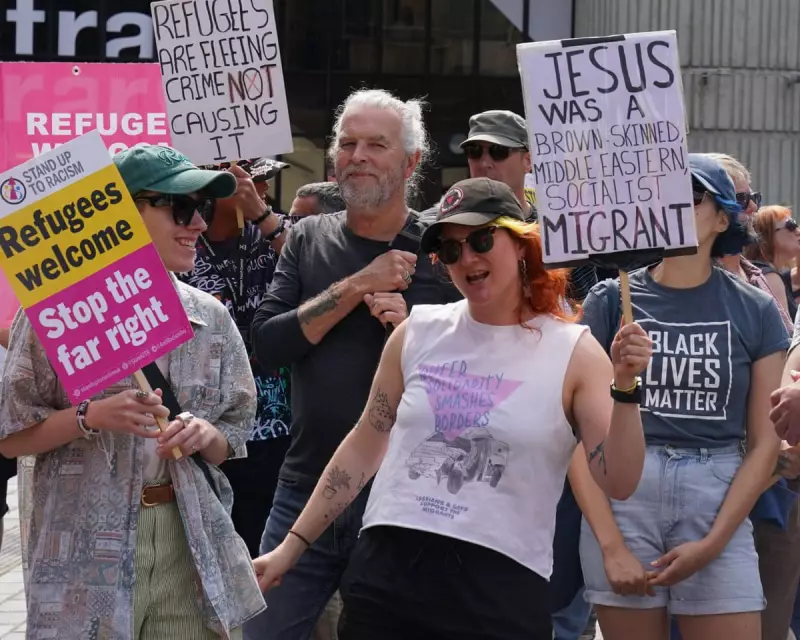
A remarkable grassroots movement is sweeping across the United Kingdom, as ordinary citizens respond to the asylum accommodation crisis not with protest, but with profound personal action. Frustrated by government inaction and dire headlines, hundreds of people are offering up their own spare rooms to provide sanctuary for those seeking refuge.
The initiative, gaining significant traction through community networks and social media, represents a direct, human response to a complex political issue. It moves the conversation away from Westminster debating chambers and into the living rooms of the British public.
The Personal Becomes Political
This isn't about grand political statements; it's about practical compassion. Individuals and families are signing up through various community-led groups, motivated by a simple belief: that nobody should be left homeless and destitute while their asylum claim is processed.
These volunteers come from all walks of life—retirees with empty nests, young professionals with a spare room, and families wanting to teach their children about empathy and global citizenship. They are providing more than just a bed; they are offering a place of safety, dignity, and a chance for asylum seekers to become part of a community while they navigate a complex legal system.
A Challenge to the Status Quo
This surge in public action shines a stark light on the current government-led accommodation system, which often relies on costly and controversial hotels or disused military barracks. Proponents of the community hosting model argue that it is not only more humane but also more cost-effective and better for the integration and mental wellbeing of asylum seekers.
The movement poses a powerful question: if ordinary citizens are willing to open their doors, why can't the state devise a more compassionate and efficient system? It challenges the narrative around immigration, highlighting a Britain that is welcoming and generous, in contrast to the often hostile rhetoric that dominates public discourse.
How the Community-Led Model Works
The process typically involves several key steps for potential hosts:
- Registration: Connecting with established non-profit organisations that facilitate hosting.
- Vetting: Undergoing background checks and interviews to ensure the safety and suitability of the home environment.
- Matching: Careful pairing of hosts with guests based on language, background, and practical needs.
- Support: Ongoing training and support from charities throughout the hosting period, which can range from a few weeks to several months.
This structured approach ensures both the safety of the asylum seeker and provides the host with the necessary guidance and reassurance.
A Nation's Divided Conscience
This wave of hospitality does not exist in a vacuum. It emerges against a backdrop of intense political debate over immigration levels and the UK's approach to asylum. While some view these citizens as exemplars of British values of fairness and shelter, others criticise the movement, questioning its scale and long-term impact on the broader immigration system.
Nevertheless, the actions of these volunteers underscore a deep-seated desire to find a more humane solution to a national challenge. They represent a quiet, determined effort to bridge the gap between policy and people, one spare room at a time.





